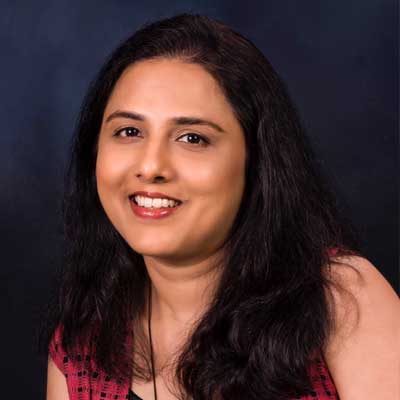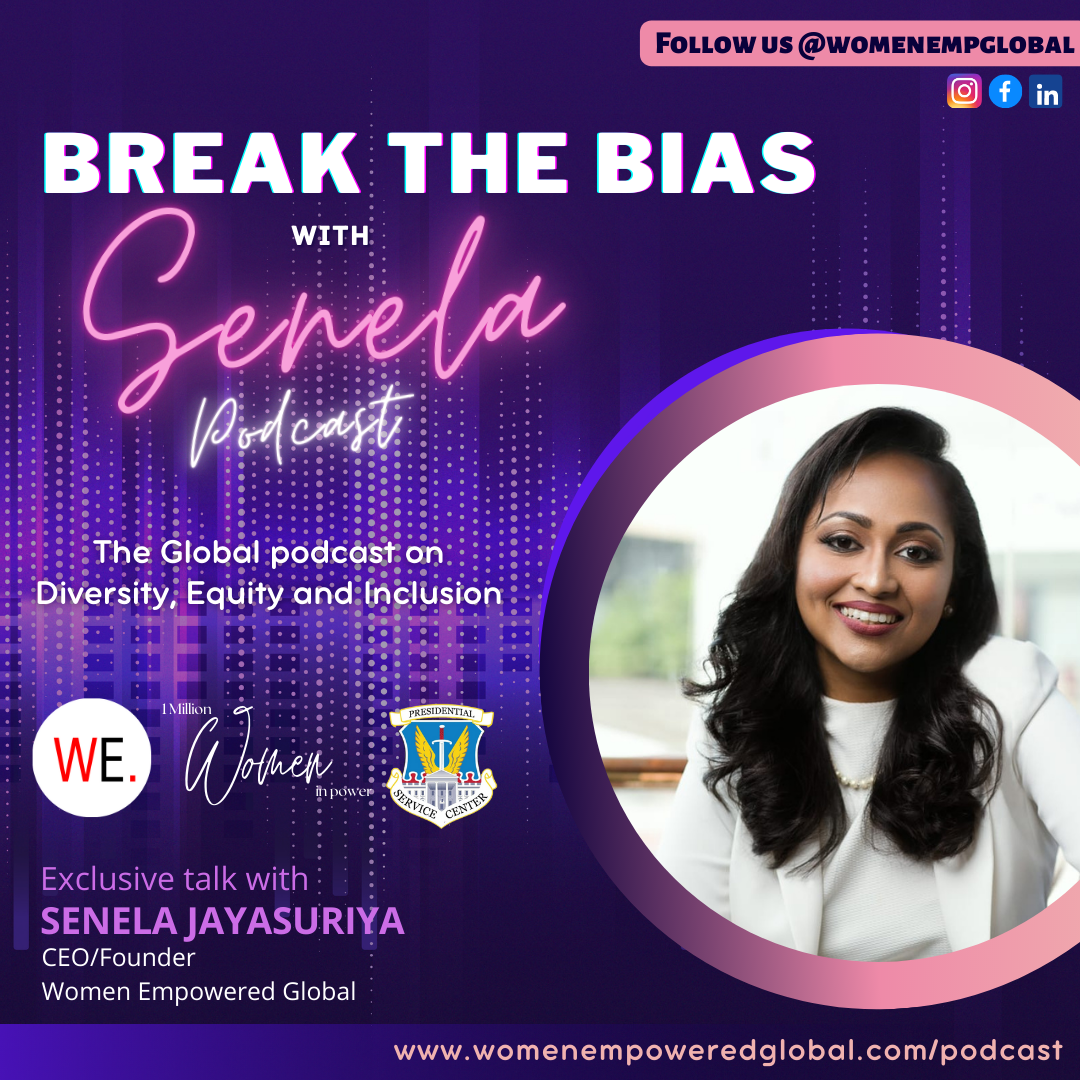
Interview
1.What is your definition of women empowerment?
At a fundamental level, women’s empowerment is the ability for women to have the same dignity in society as men.
I feel that empowerment is about women having the freedom to have choices and make decisions in relation to things that matter in their lives- small or big. It’s about every woman having the power to say ‘Yes, it’s possible’.
2.What motivated you to get involved in being inspirational for change?
While growing up in Mumbai, I didn’t think much about differences between men and women- in terms of opportunities, education or mind-sets because they weren’t apparent in my world. And years later, when I was based in Singapore and the Philippines, I was struck by how women worked, lived and travelled freely, without prejudice and judgement.
My journey as an intercultural coach meant that I interacted with men and women from diverse cultures. People who despite speaking different languages and eating different foods had similar hopes, fears, and expectations. This set me off on a path to write a book on “How India Works”. Writing this book showed me what is possible when one goes out of one’s comfort zone and it was hugely empowering! The fantastic response for the book inspired me to look at researching about women leadership as a theme for my next book. Hearing stories of sacrifice and struggle and understanding how women have achieved their success inspires me to do more for women.
I think women achievers are huge role models in every society. However, I know this is one side of the coin and over the years, I have seen the other side too.
I have seen how educated and affluent young adults feel shattered when the very freedom and rights that they grew up with, are questioned or curtailed as adults. And I have seen how my domestic helper and people in different strata of society face domestic abuse.
I have been privy to conversations around women’s struggles and difficulties irrespective of their background and occupation. As a coach, I enable women in these situations to think of solutions and set a road map to achieve their aspirations. Sometimes I find that women are so caught up in the quagmire of their fragility and sacrifice that they cannot think beyond that. They don’t have the intent or interest to prioritise their passion and articulate it. But once they receive encouragement, empathy and guidance, they rise to the occasion.
And once women resume this journey, I am amazed to see how they change; their focus and determination to achieve despite the odds is fantastic!
3.What are some key characteristics of an empowered person?
Rabindranath Tagore, the famous Nobel Laureate wrote a poem titled ‘Where the Mind is without Fear’. To me, that sums up an empowered person: a person who has the ability and confidence to forge a path and the courage to stay the course.
An empowered person is sensitive, has empathy and seeks to build relationships. She is unafraid to ask for help and resources when needed.
4.What can leaders or individuals interested in advocacy do to facilitate empowerment?
Leaders play a crucial role; they can do the following to facilitate empowerment:
- Be good listeners and give people a voice to share their concerns or point of view.
- Look for the person’s strengths and highlight them
- Promote on merit and not on old stereotypes
- Be an active sponsor and mentor to women
5.What advice would you give to those who want to give up due to a lack of empowered feeling, thinking and action? (e.g. What is an important first step)
I would say the following:
- Be clear about what you want and why you want it- and act on it!
- Do not give up if you believe in your dream, sooner or later the right break will come along
- Don’t take one bad experience as representative of the whole world. There are many good people out there who will help and guide you
- Reach out to like-minded women, form an informal club and inspire each other to newer heights.
- Ask for guidance and support from role models in the family and outside
I will be the first to admit that we have a long way to go. But in a social issue like this, the journey is important and individuals and organizations like Women Empowered Global play a crucial role in successfully navigating the road ahead.

